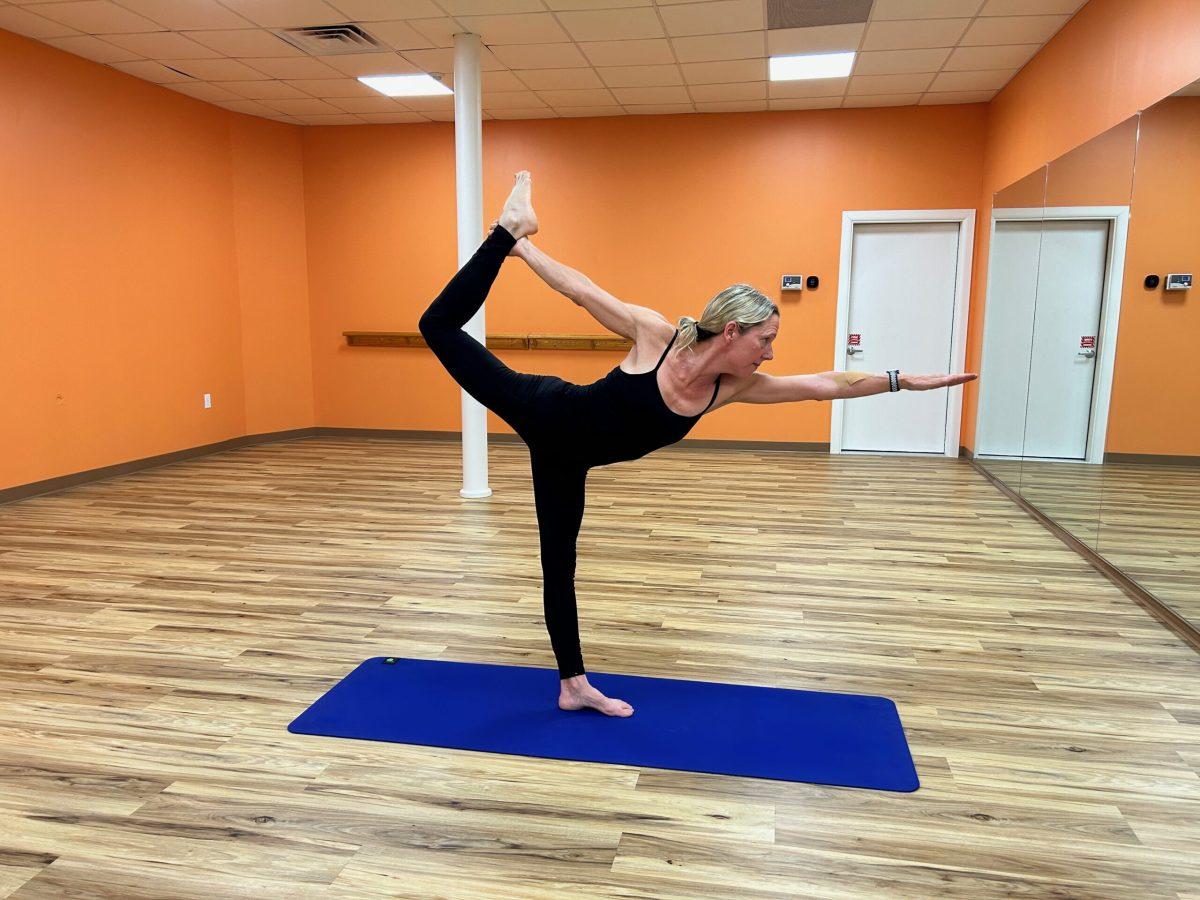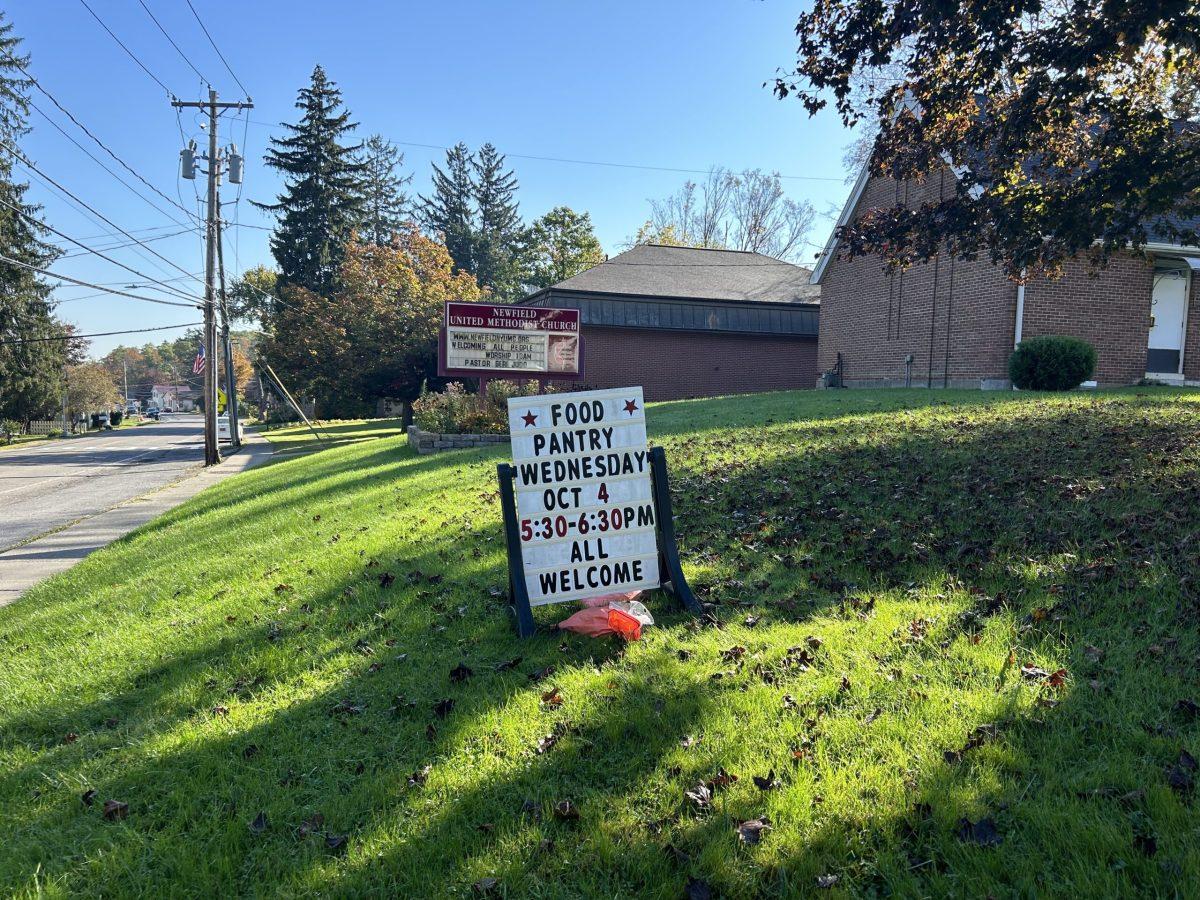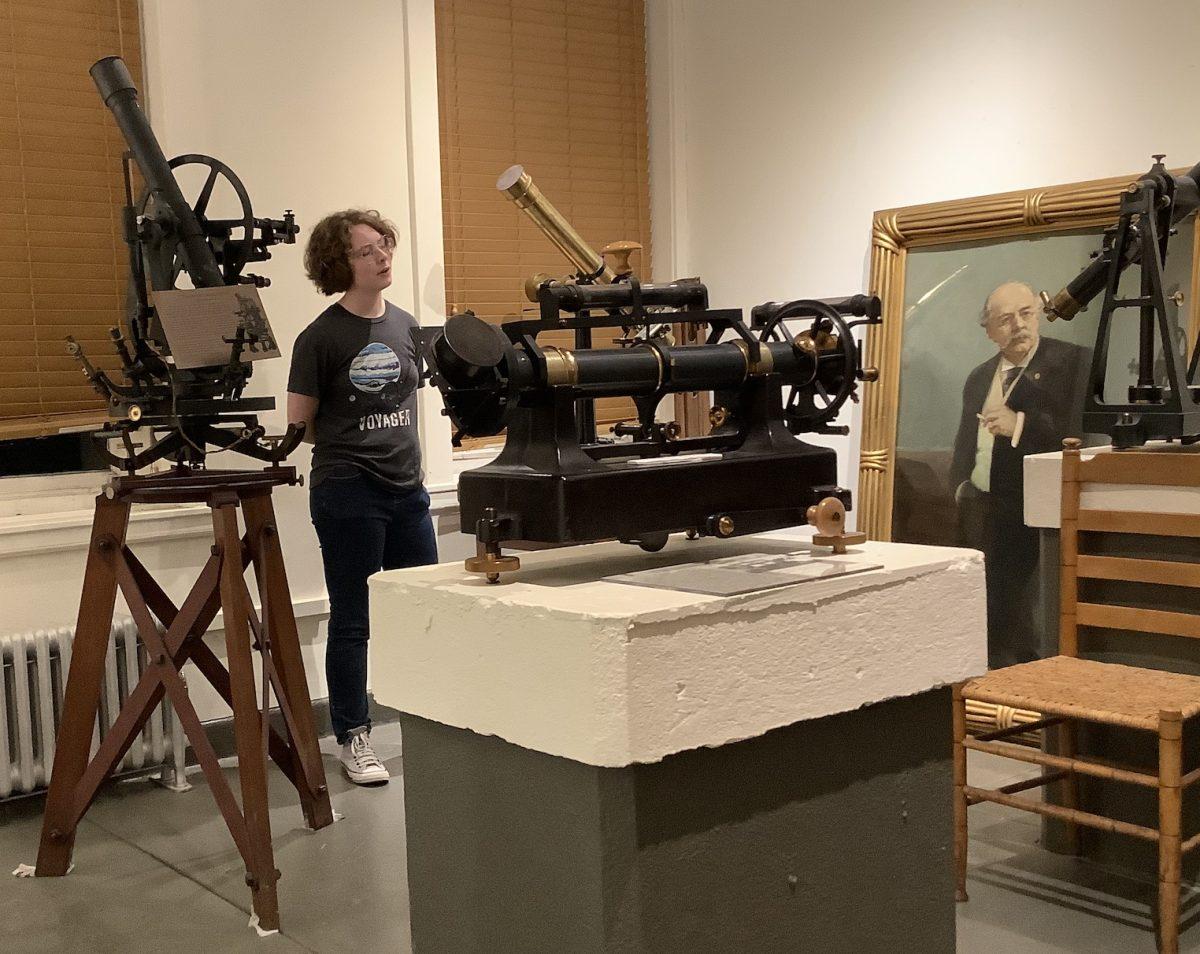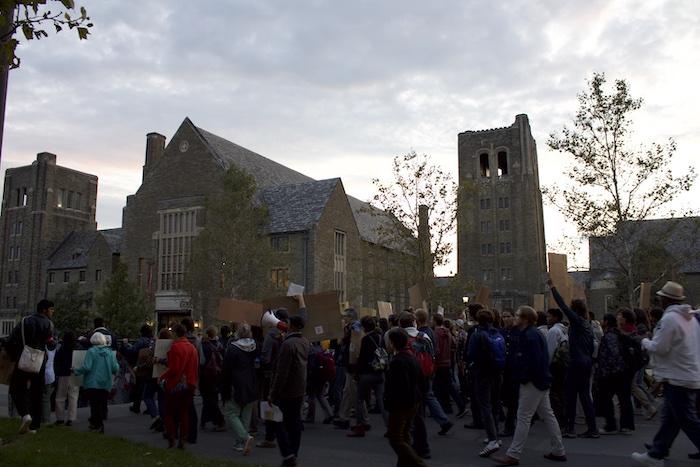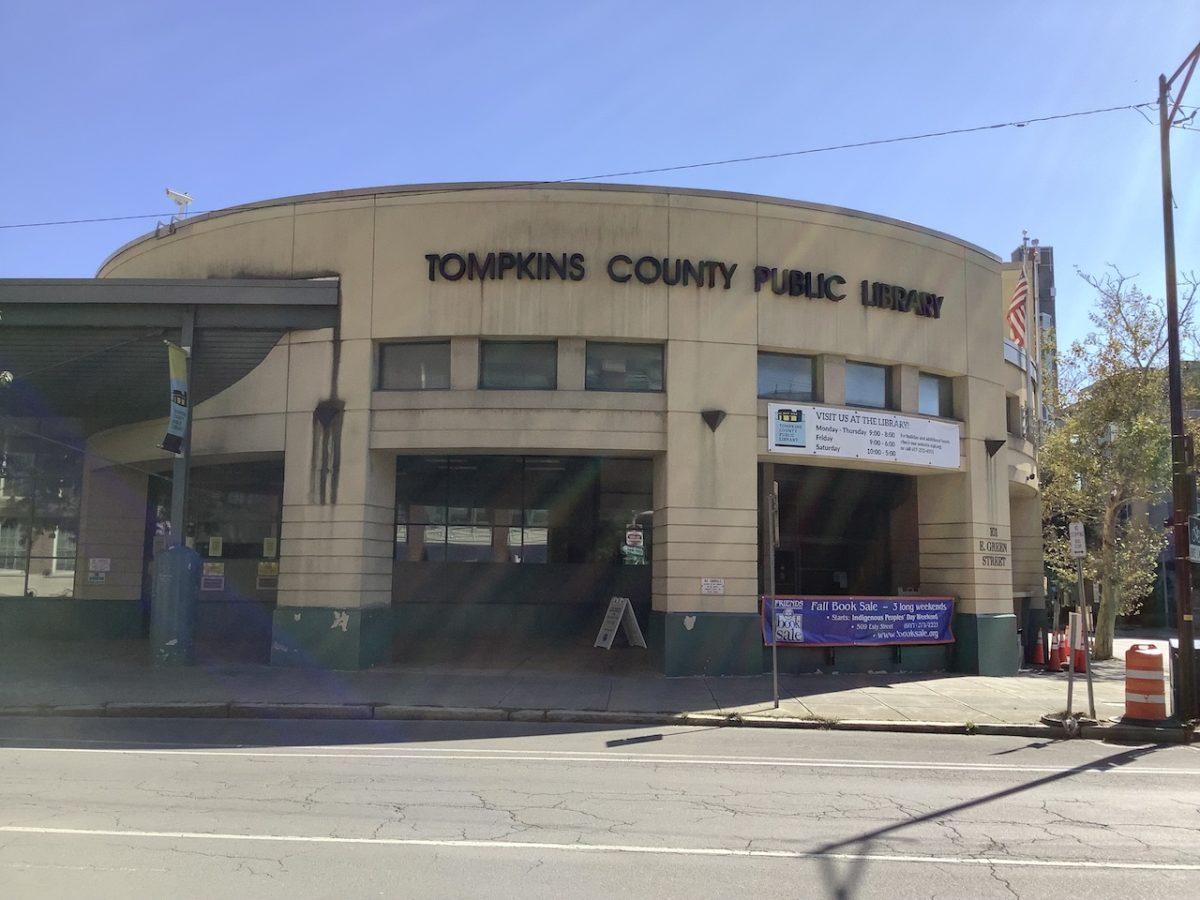“We’re all volunteer,” Ryan Clover Owens, one of the founders and organizers said. “We don’t even try to get grants. We’re just a group of people that got together and said ‘here’s something that we want to see happen and we’re gonna do it.’ We’re not going to ask for anybody’s permission.’”
Clover started collecting zines- small circulation self-published magazines- focused on radical social movements and critical issues, such as feminism, environmentalism and prisoner’s rights, in 2003, and began distributing them from his suitcase in 2005.
For the past four years the distro has had space in the Workers’ Center; however, the organization will soon be sharing its space in the center with other groups, including Ithaca Freeskool, to transform the space into a do-it-yourself resource center.
“The Workers’ Center space is kind of a natural fit because it’s a community space where different groups can rent cubicle space by the square foot,” Clover said. “They make it really cheap. That’s really the only way grassroots organizations can operate.”
Meanwhile, the Ithaca Freeskool takes a communal approach to education through voluntary teachers and attendees. While living in Ithaca, Dirk Trachy helped found the Ithaca Freeskool with Biz Miller in 2007. During his travels, Trachy met with members of the Santa Cruz free school and learned their methodology. The two developed a list of interested individuals and class offerings. Trachy said classes are informal and can be held in a library or someone’s backyard.
“It’s actually a very simple system,” he said. “We mostly borrowed their systems of logistics and brought them into Ithaca. It depends on having a good sense of your town.”
Trachy said he felt confident that a similar program would be well received.
“Ithaca is small enough that if you have a mind for it and have a desire for it, you can be involved in a whole range of different communities that share different pieces of progressive pieces of society,” he said. “The Freeskool felt like a really good way to stitch all of those different kinds of crowds of that progressive vision together.”
Support and interest in the free school has grown since. The first calendar of class offerings only had six classes. This past semester the free school offered 41, more than any other previous semester. Past classes range from yoga and tea to decolonization and eco-feminism.
The current organizer for the Freeskool, Lily Gershon said the increase in the school’s popularity is likely a result of increased interest in community health.
“People in this community are getting more focused on community, local movements, things that are a little bit more outside of the mainstream,” she said. “It’s picking up speed. It’s picking up momentum all over the country and probably all over the world. We’re making a bigger and tighter web.”


